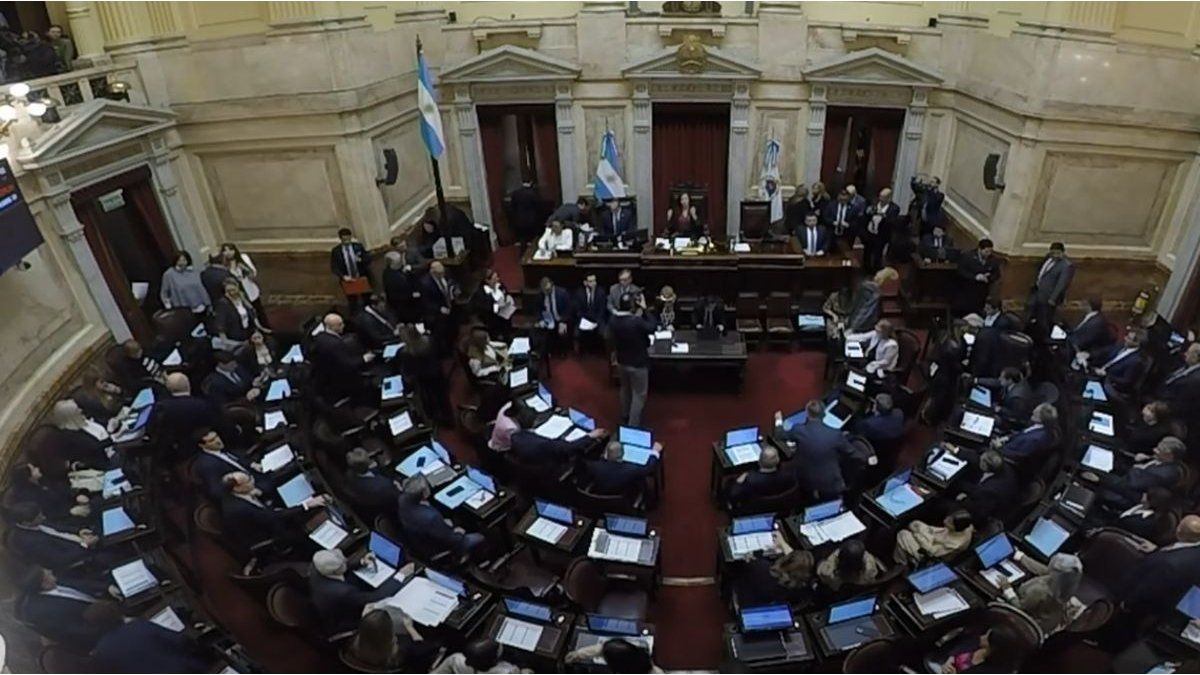According to the latest data released by INDEC, In July, activity rebounded in seasonally adjusted terms and began to leave behind the direct impact of the drought. It is in this scenario that different private studies highlighted the “resilience” that the economy showed and moderated the fall estimates for this year.
Meanwhile, although they highlighted that the measures adopted by the Government can help sustain private consumption during the election periodalso warned about the “corrections” in fiscal and exchange matters that the next president must carry out, which will lead to “greater recession and inflation” at the beginning of the new administration.
For example, from Ecolatina they indicated that “the economy showed a significant monthly rebound in July“In seasonally adjusted terms, activity rose 2.4% compared to June, after the more pronounced impact of the drought in the second quarter, which had meant a cumulative decline of 2.9%.”
“In addition, discounting the recessive effect of the agricultural sector, The economy continued to show signs of resilience in July (+0.1% yoy). Thus, the rest of the goods and services sectors showed an accumulated growth of 1.2% yoy, with only one month with a slight drop (June 2023, -0.4% yoy)”, detailed from the firm.
In that scenario, they slightly improved the projection for 2023: “A better-than-expected July figure, in a context of rapid rebound in the economy after the strong impact of the drought, is combined with measures by the Government to try to sustain consumption during the electoral period and dissipate the negative effect of the devaluation. “We expect the economy to show a drop of around 2.2% yoy on average this year.”
Along the same lines, the consulting firm Equilibra pointed out that due to the serious drought that strongly reduced the coarse harvest, ““The Monthly Estimator of Economic Activity (EMAE) fell 1.8% yoy in the first seven months of the year.” “But in the accumulated period up to July, the EMAE excluding agriculture rose 1.1% yoy, and only showed a minimal year-on-year drop starting in June,” they highlighted.
And they also analyzed that this “resilience” of the economy responds to three factors: “Extractive activities (Vaca Muerta and lithium) that continue to grow despite internal problems; The adjustment of imported volumes was limited by the accumulation of commercial debt and the use of international reserves; and, non-tradable sectors grew because the expansion of employment sustained the real income of families.”
When projecting what can be expected in the last part of the year, Equilibra highlighted: “Despite the exchange rate shock, the first activity indicators for August showed mixed signals. The extractive sectors continued to grow, the decline in agriculture moderated and imported volumes rose 7.4% yoy at the expense of increasing commercial debt. However, the fall in real wages (-5.8% in August) deteriorated private consumption, hitting non-tradable sectors (although in a heterogeneous way).”
In turn, the firm maintained that “after the devaluation, the Executive got rid of the IMF during the electoral process, which allowed him to set aside the goals of the agreement and deploy measures to shore up family income.pouring $2.7 trillion into the streets in three months (1.5% of GDP).”
This measure, they highlighted from Equilibra, will compensate for the fall in real income, “but it will also fuel the demand for foreign currency, causing more dollars to be spent to contain financial contributions and less to sustain activity (imports).”
However, they concluded that this “fiscal push raised something the projection of activity, and much the estimate of inflation and gap for the end of the year”. In this framework, Equilibra reduced the fall estimate for this year to 2.3%.
Going forward, they pointed out that the change in the economic policy bias implemented by the ruling party “enhances existing imbalances in a fragile and volatile economy”. “This makes the economic inheritance that the next president-elect will receive a little more complex and requires greater corrections (fiscal and exchange) to recover stability. This implies more recession and inflation at the beginning of the new administration,” they stressed.
Source: Ambito




